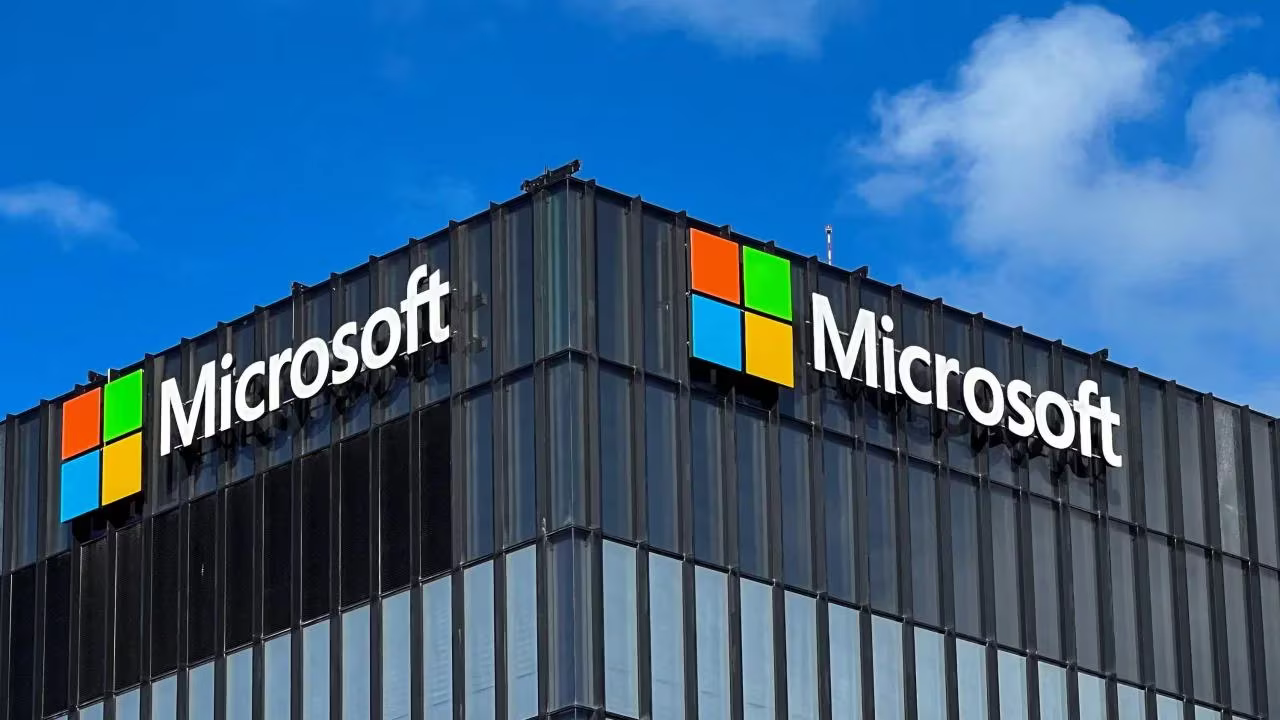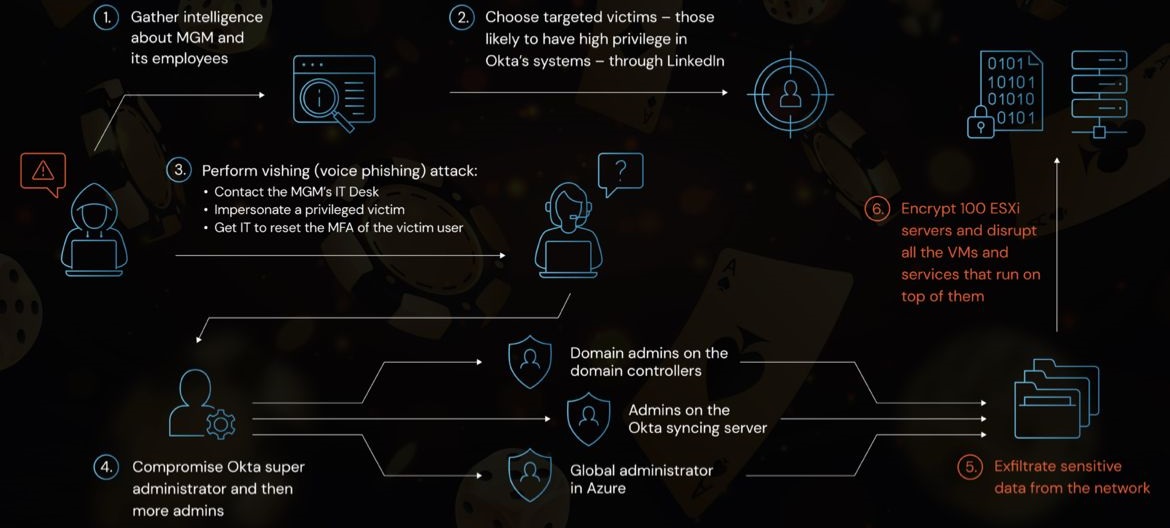
What Happened?
A group of Chinese hackers is believed to have breached the Microsoft cloud accounts of several U.S. government agencies, according to a new report by cybersecurity firm Mandiant. The hackers are believed to have gained access to the agencies' email accounts and other sensitive data.
The breach is believed to have occurred in May 2023, and the hackers are believed to be part of a group known as APT41, which is a Chinese state-sponsored hacking group. The hackers are believed to have used a vulnerability in Microsoft's Azure cloud service to gain access to the agencies' Office 365 accounts.
What Was the Impact?
The hackers are believed to have stolen sensitive data, including emails, passwords, and other personal information. The hackers are also believed to have used the agencies' accounts to send phishing emails to other government officials.
The impact of the breach is still being assessed, but it is likely to have a significant impact on the agencies involved. The stolen data could be used to facilitate further cyberattacks, or it could be used to blackmail or extort the agencies.
How Did It Happen?
The hackers are believed to have used a technique called "cloud hopping" to gain access to the agencies' accounts. Cloud hopping involves exploiting vulnerabilities in one cloud service to gain access to another cloud service. In this case, the hackers are believed to have exploited a vulnerability in Microsoft's Azure cloud service to gain access to the agencies' Office 365 accounts.
Once the hackers had access to the agencies' accounts, they were able to steal sensitive data and send phishing emails to other government officials. The phishing emails were designed to trick the recipients into clicking on malicious links, which would have allowed the hackers to further infiltrate the agencies' networks.
What Are the Implications?
The breach of the U.S. government agencies' Microsoft cloud accounts is a serious security incident. It highlights the importance of organizations taking steps to protect their cloud accounts from cyberattacks. Organizations should use strong passwords and two-factor authentication, and they should keep their software up to date. They should also be aware of the risks of cloud hopping and take steps to mitigate those risks.
The breach also raises concerns about the security of Microsoft's cloud services. Microsoft has said that it has patched the vulnerability that was exploited by the hackers, but it is possible that other vulnerabilities exist. Organizations that use Microsoft's cloud services should be aware of the risks and take steps to protect their data.
What Can Be Done to Prevent Future Incidents?
Organizations can take steps to prevent future incidents by:
Using strong passwords and two-factor authentication.
Keeping their software up to date.
Being aware of the risks of cloud hopping.
Reporting any suspicious activity to their security team or to the authorities.
Recommendations:
Organizations should use strong passwords and two-factor authentication to protect their cloud accounts.
Organizations should keep their software up to date to patch vulnerabilities that could be exploited by hackers.
Organizations should be aware of the risks of cloud hopping and take steps to mitigate those risks.
Organizations should report any suspicious activity to their security team or to the authorities.
Conclusion
The breach of the U.S. government agencies' Microsoft cloud accounts is a serious security incident. It highlights the importance of organizations taking steps to protect their cloud accounts from cyberattacks. Organizations should use strong passwords and two-factor authentication, and they should keep their software up to date. They should also be aware of the risks of cloud hopping and take steps to mitigate those risks.
In addition to the recommendations listed above, organizations should also:
Conduct regular security assessments to identify and mitigate vulnerabilities.
Implement security awareness training for employees to help them identify and avoid phishing attacks.
Use a cloud security solution to monitor their cloud accounts for suspicious activity.
By taking these steps, organizations can help to protect themselves from cyberattacks and mitigate the impact of any incidents that do occur.

